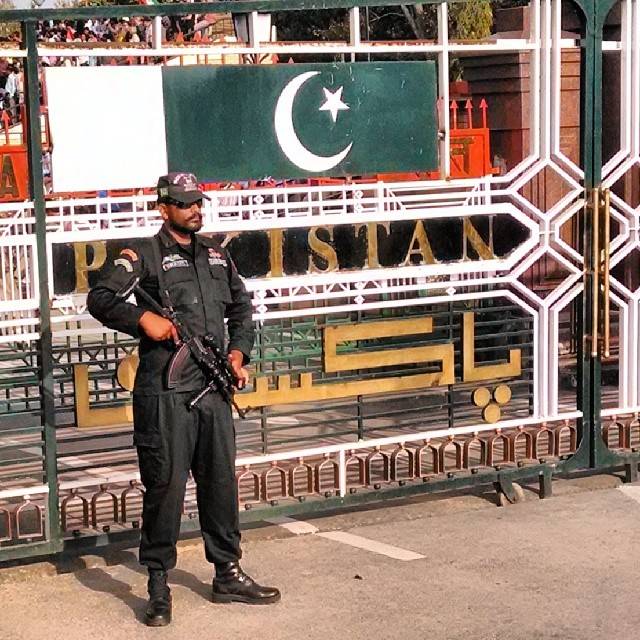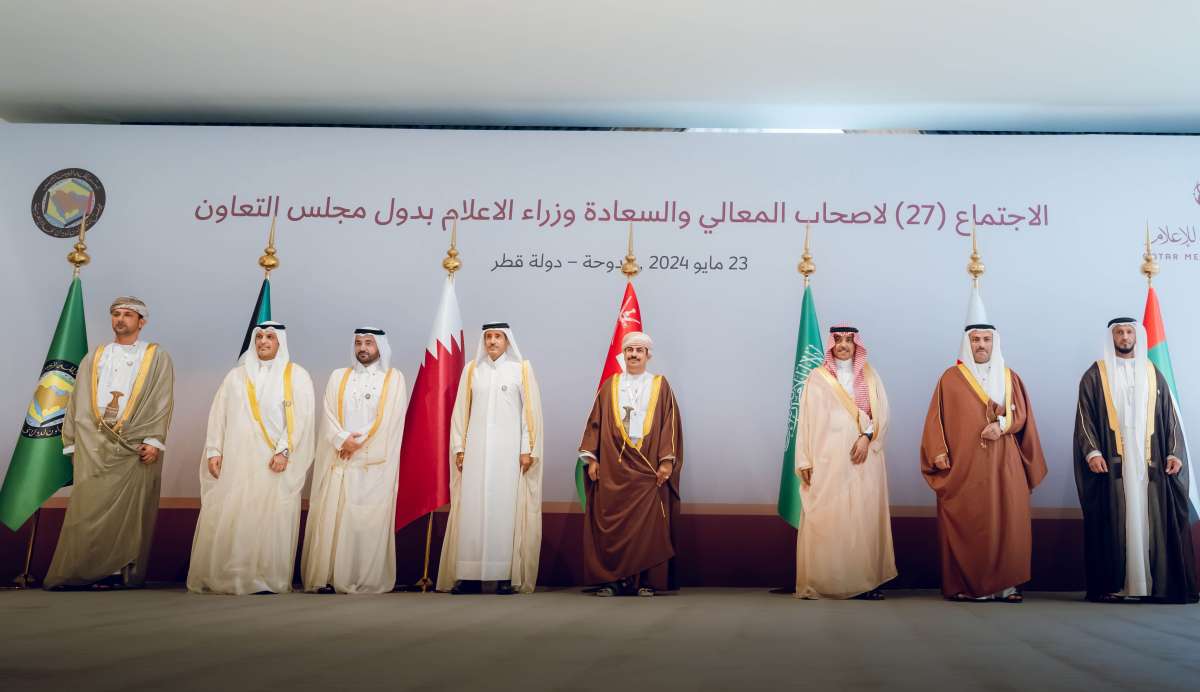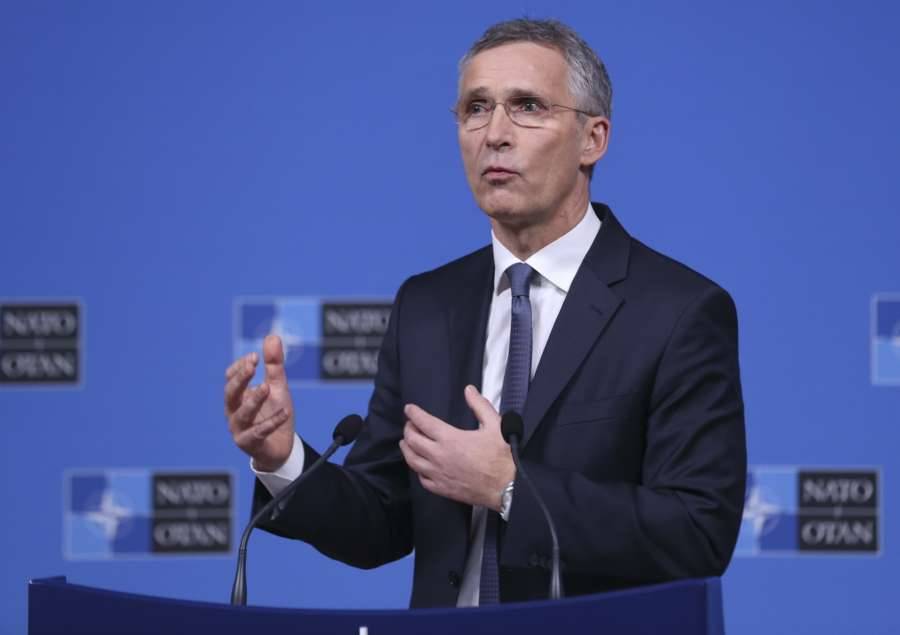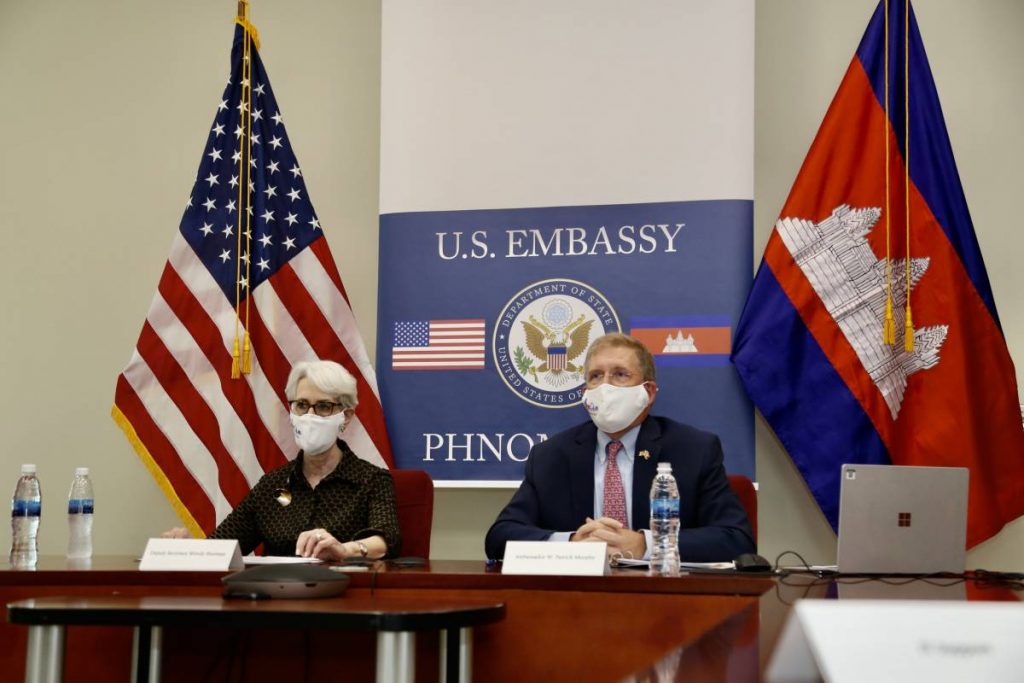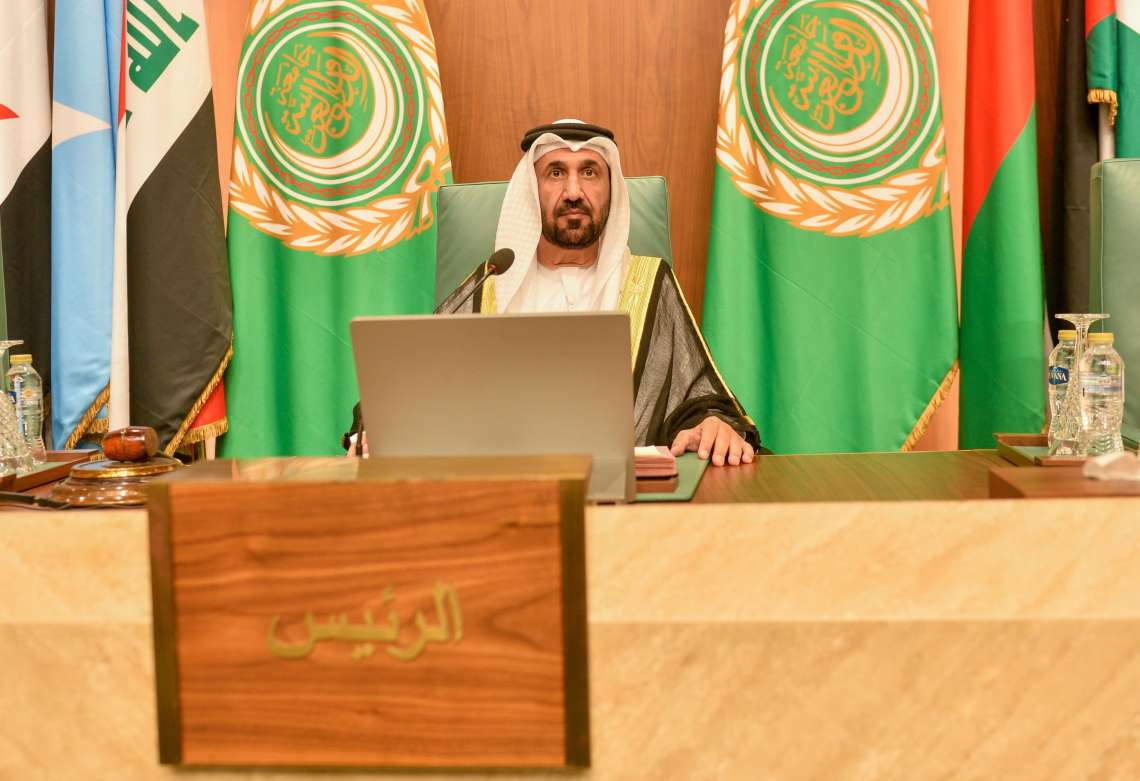Kudos to Hamid Mir. Because of your statement, the army is back in the dock over another General Rani … writes Kaliph Anaz. Buzz in Pakistan about the ISI Chief caught by his wife with another girl and the banning of senior Pakistan TV personality Hamid Mir after he made the allegation is turning into a potboiler
While the curious case of General Rani linked to the present ISI Chief Faiz Hameed has erupted, Pakistan’s original General Rani was Aqleem Akhtar. According to a report in Friday Times, in the late 1960s she began being called General Rani (the Queen General). Between 1969 and 1971 she was considered to be perhaps the most powerful woman in Pakistan.

A muse and mistress of Pakistani dictator, General Yahya Khan, and many-a-times the main brain behind the swinging General’s regime, General Rani was the person a number of bureaucrats and politicians approached when they wanted Yahya’s attention, the report said.
As per the report, when a leftist movement between 1968 and 1969 forced General Ayub Khan to resign as head of state, he installed Yahya Khan as the country’s new Martial Law Administrator. It was at this point that Aqleem began being called (in the press), ‘General Rani.’ It is believed that apart from looking after Yahya’s ferocious appetite for booze and women, she also began “advising” him on policy and political matters.
Those who met her in those days described her to be far more informed and astute in the field of politics than Yahya, the report said.
There are reports that a daughter of General Rani is a famous journalist of Pakistan. This journalist was present at the house of the Pakistani intelligence agency, ISI Chief, seeing that the ISI Chief’s wife opened fire. GEO TV anchor Hamid Mir has threatened to make more disclosures if the Pakistan enforcement attacks more journalists.
This journalist-daughter of General-Rani is also a close friend of a political leader of north India.
Mir alluded to a shooting at the house of the Chief of ISI of Pakistani intelligence agency. It is said that his wife fired at a call-girl at home for calling her home.
Buzz in Pakistan about the ISI Chief was caught by his wife with another girl and the banning of senior Pakistan TV personality Hamid Mir after he made the allegation is turning into a potboiler.
Safety of journalists
Meanwhile, the Human Rights Watch, Amnesty International, and the International Commission of Jurists said the recent attacks and growing pressure on journalists who criticize the Pakistan government is a cause for serious concern.
The rights forums said those suspected of criminal responsibility should be promptly and fairly prosecuted.
The Pakistan government should conduct prompt, impartial, and effective investigations into the recent number of attacks on journalists. The government should rescind official policies that protect the authorities from criticism and instead promote space for public debate and free expression, in the face of threats from extremist groups and government officials.
“The frequency and audacity with which journalists are being attacked in Pakistan is appalling,” said Brad Adams, Asia director. “The Pakistani authorities should bring those responsible for these attacks to justice and ensure that all journalists can do their jobs without fear of intimidation or reprisals.”
On May 25, 2021, Asad Ali Toor, a journalist, was assaulted by three unidentified men who forcibly entered his apartment in Islamabad. They bound and gagged Toor and severely beat him. Toor said that they identified themselves as being from a security agency, interrogated him about the “source of his funds,” and took away his cell phone and other electronic devices. The government ordered an investigation into the incident. In September 2020, the authorities charged Toor with sedition for comments made on social media “maligning state institutions.” A court later dismissed the charges.
On April 20, an unidentified assailant shot and wounded Absar Alam, a television journalist, outside his house in Islamabad. Alam has been a prominent critic of the government. In September 2020, the authorities charged Alam with sedition and “high treason” for using “derogatory language” about the government on social media.
On July 21, 2020, an unidentified assailant abducted another journalist, Matiullah Jan, in Islamabad the day before he was to appear before the Supreme Court for allegedly “using derogatory/contemptuous language and maligning the institution of judiciary.” Jan was released after a few hours. He alleged the abduction was an attempt to intimidate him. A criminal case was registered for Jan’s abduction, but no suspects have been arrested.
“It is disturbing to see the space for dissent and providing information of public importance rapidly shrink in Pakistan, with journalists as well as human rights defenders particularly at risk of censorship, physical violence, and arbitrary detention,” said Sam Zarifi, secretary general of the International Commission of Jurists.
Pakistani journalists have long faced serious obstacles to their work, including harassment, intimidation, assault, arbitrary arrest and detention, abduction, and death. As these threats have escalated, Pakistani authorities have also increasingly pressured editors and media owners to shut down critical voices. On May 29, the news channel, Geo, “suspended” Hamid Mir, one of Pakistan’s best-known television talk show hosts, after he spoke at a protest in solidarity with Asad Toor.
Other media outlets have come under pressure from authorities not to criticize government institutions or the judiciary. In several cases in recent years, government regulatory agencies blocked cable operators and television channels that had aired critical programs. In 2020, Pakistan ranked ninth on the Committee to Protect Journalist’s annual Global Impunity Index, with at least 15 unsolved killings of journalist since 2010.
In July 2020, the Pakistan Electronic Media Regulatory Authority (PEMRA) ordered 24NewsHD, a television news channel, off the air indefinitely for the alleged “illegal transmission of news and current affairs content.” Journalists and opposition activists alleged that the channel was being punished for airing criticism of the government.
In August 2020, a group of leading women journalists issued a statement condemning a “well-defined and coordinated campaign” of social media attacks, including death and rape threats against women journalists and commentators whose reporting has been critical of the government.
“If the authorities are committed to uphold their human rights obligations, they must take decisive steps against censorship, harassment, and violence against journalists,” said Dinushika Dissanayake, South Asia deputy regional director at Amnesty International. “For that, continued impunity must be dismantled.”

